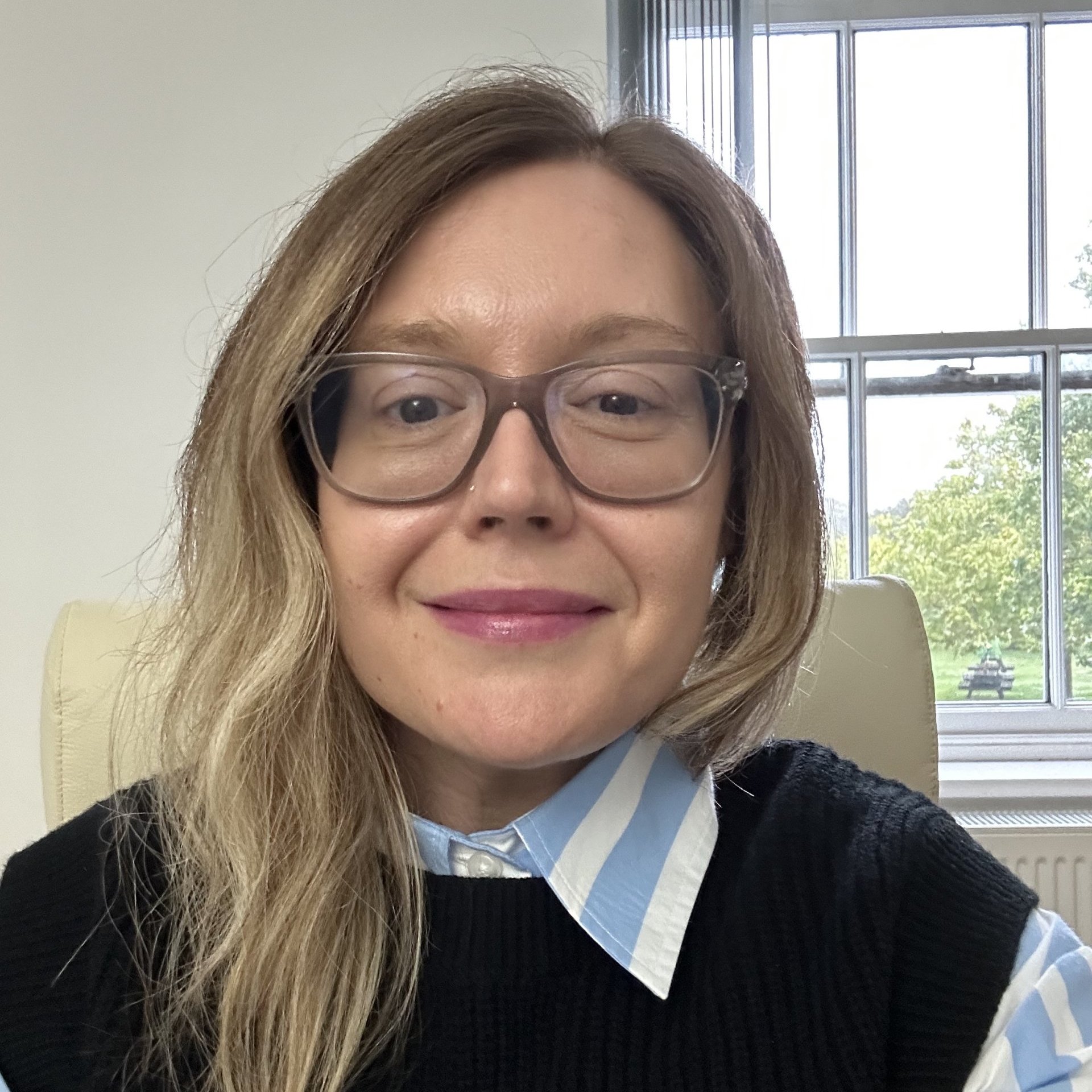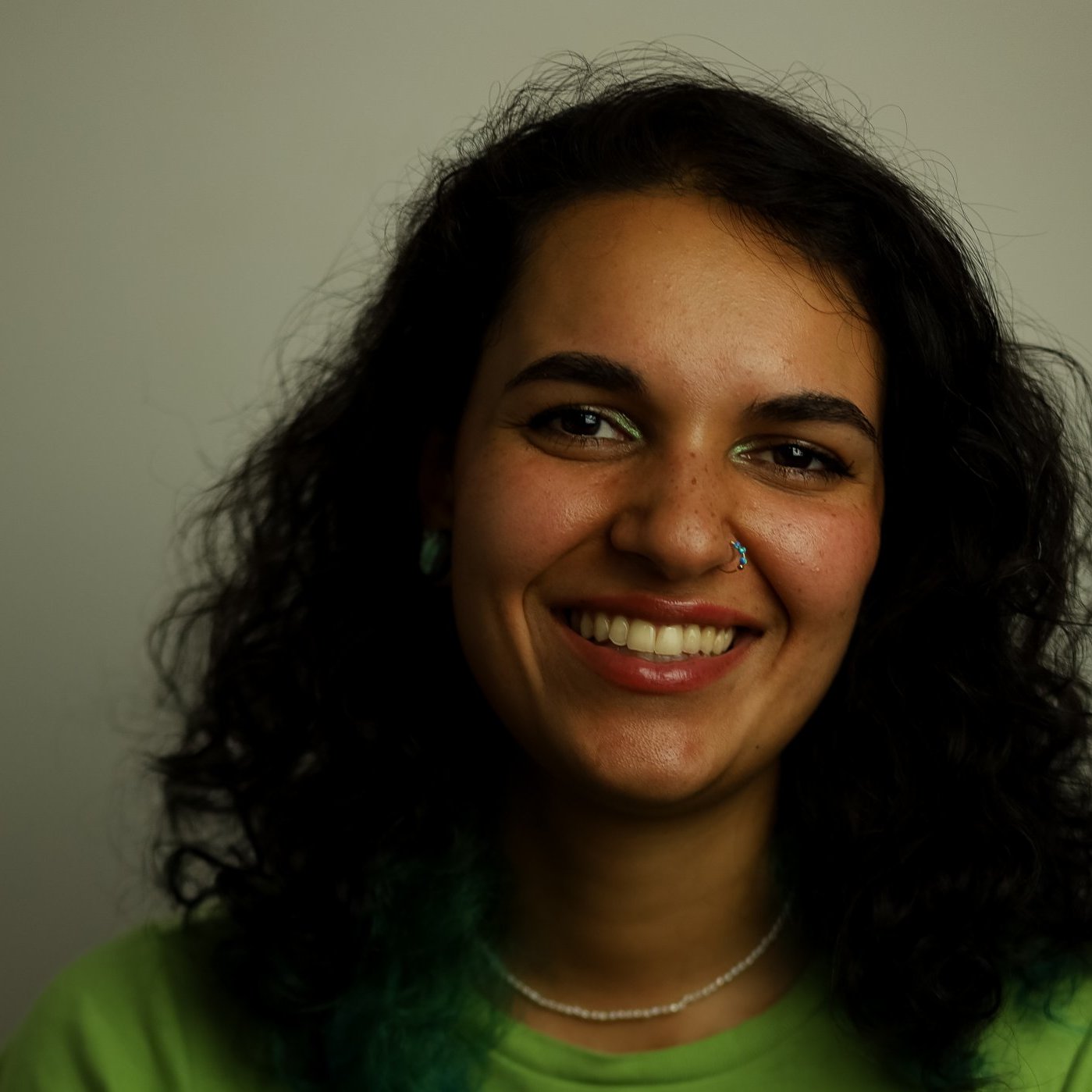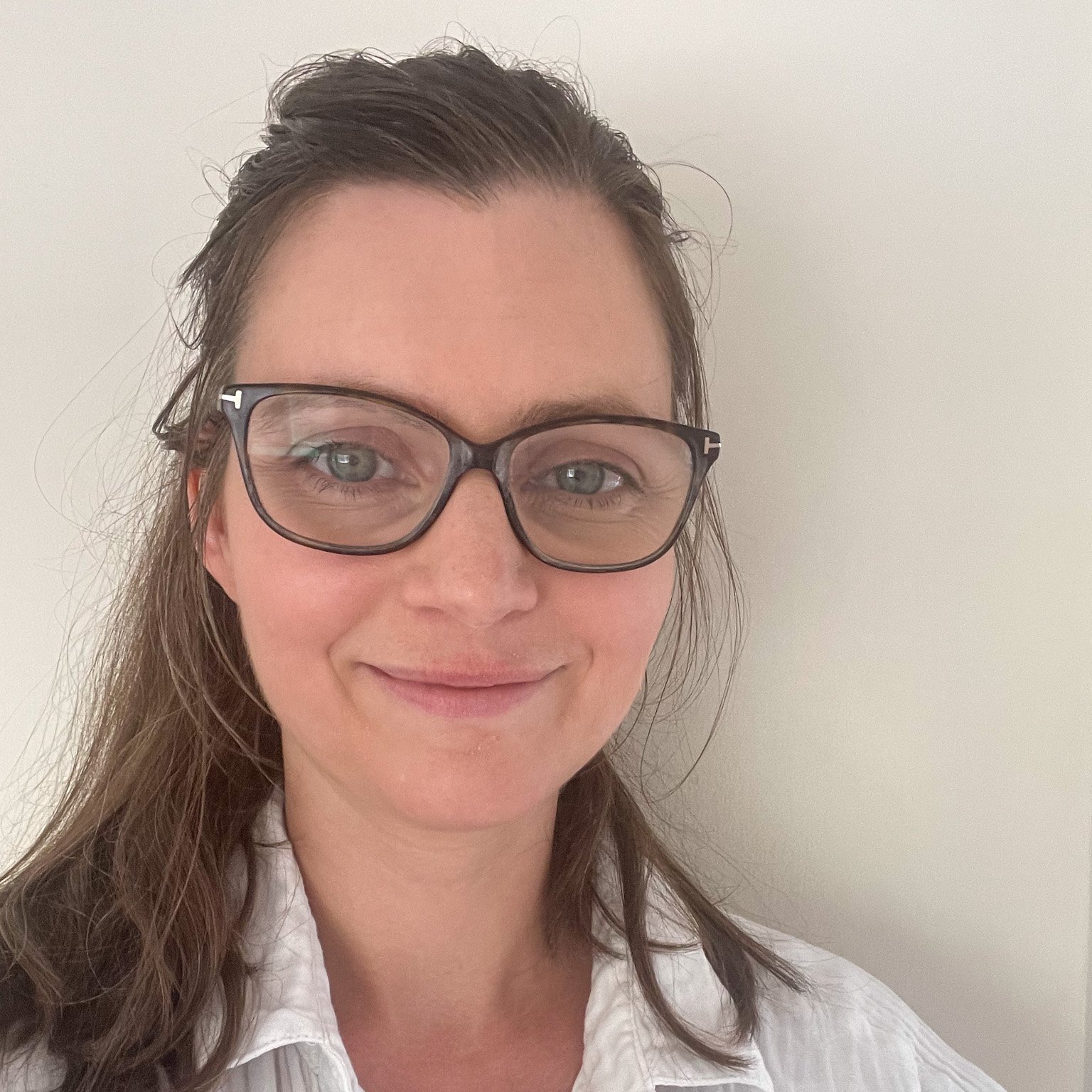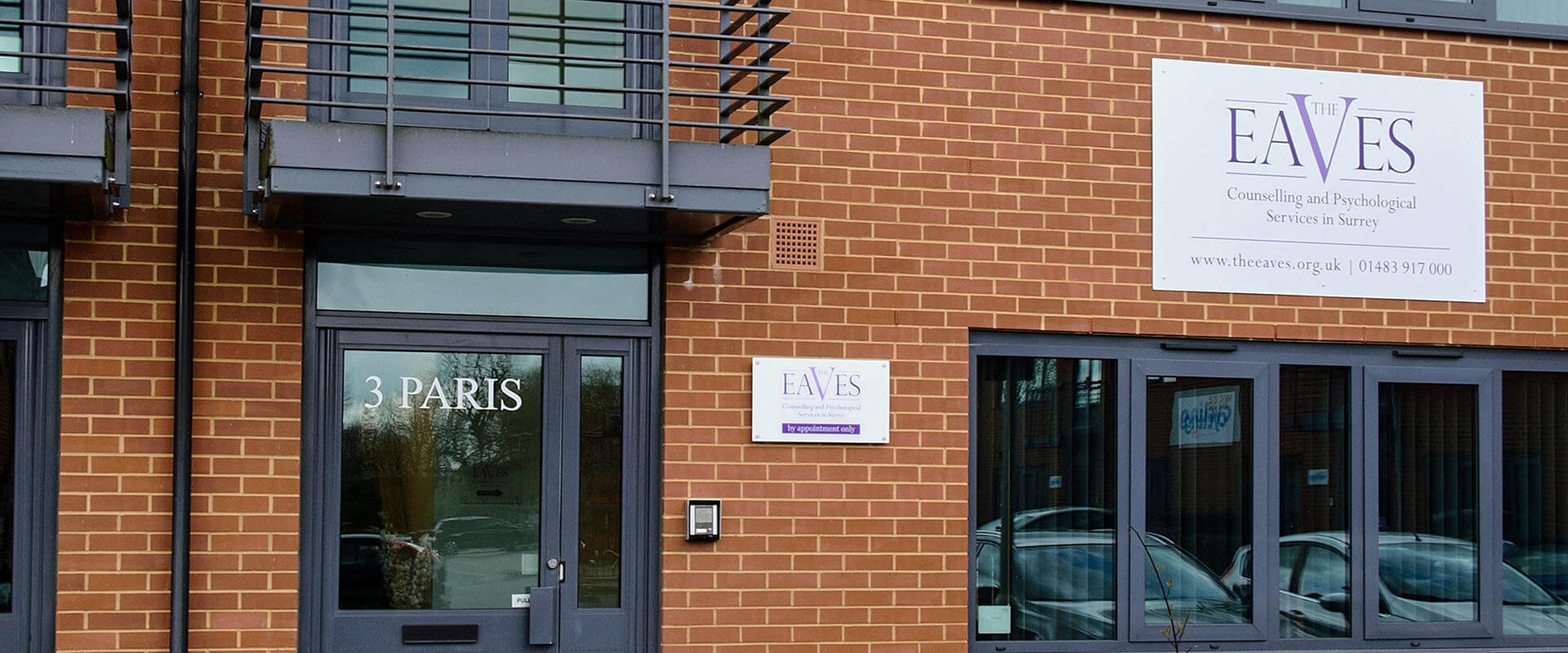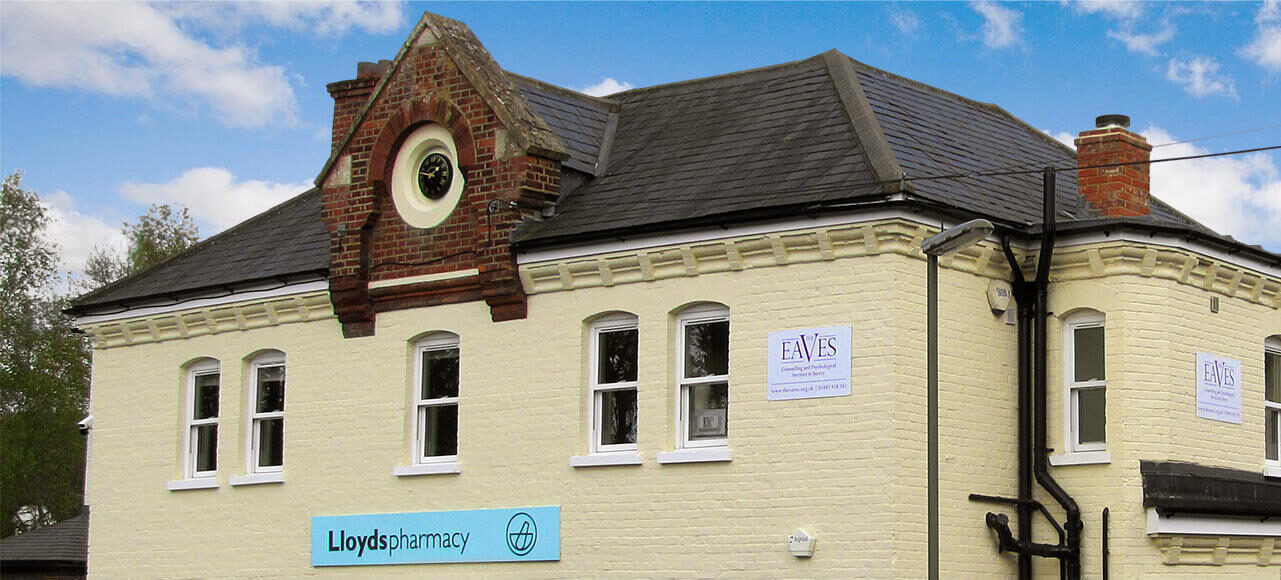We all have a story to tell, for some this is not easy to share with others, but often for healing to take place it needs to be heard. Dramatherapy can do this for all ages. In my time as a therapist my youngest client was two and a half years old and my oldest ninety two.
Dramatherapy is a form of psychotherapy, it offers additional creative techniques to traditional talking therapy. Role play, story and myth, music, movement and art are a few dramatic techniques it employs. It is the creative aspects of dramatherapy that make it so effective. All you need to do is search online “benefits of creativity” and you will see a list of studies and articles demonstrating the many benefits, such as reducing stress and anxiety.
Dramatherapy is often associated with therapy for children but it has a lot to offer adults as well. It is very rare to experience emotions just in the mind, we feel and experience emotions in our body. Dramatherapy works with connecting the body and mind. For those who are stuck or keep going over the same issues or difficulties it can offer a way to bypass our brain and get to the bottom of our issues. An example could be creating a representation of a difficult situation in the room, physically building it with objects/props/materials or art work. This enables the person space to walk around the issue, viewing it from different perspectives and discovering ways for positive change to take place.
Through role play you can explore different parts of yourself and role play difficult situations. We all have different parts of ourselves; mother, father, husband, wife, boss, carer, daughter, son. Often we have inherited roles or have taken on roles we no longer need, sometimes we get stuck playing one role in life and want to explore other parts of ourselves. Through dramatherapy you can go on a journey of rediscovery.
Dramatherapy is safe way to tell your story, to be heard. For some, trying to express themselves in the first person, is too confronting, too overwhelming. In dramatherapy we can use dramatic techniques to create a safe space and creative distance to empower and enable a person to tell their story and express and process emotions.
Dramatherapy is just one type of psychotherapy, what is important is not just finding the right therapy for you but finding the right therapist. Therapy is dependent upon building a trusting relationship with your therapist. When looking for a therapist don’t be afraid to see a few before you decide, it’s important you feel comfortable.
If you want to find out more about dramatherapy please don’t hesitate to contact me, you can also find more information on the British Association of Dramatherapists, www.badth.org.uk. All dramatherapists should be registered under Arts Therapist on the Health and Care Professions Council (HCPC). Below is a link to the NHS evidence webpage with lots of varied examples of dramatherapy.
https://www.evidence.nhs.uk/search?q=drama therapy
Evidence-based information on drama therapy from hundreds of trustworthy sources for health and social care.
Tiffany is a qualified Dramatherapist working from The Eaves practices. If you would like to get in contact with her to book an appointment, you can search for her profile in the search bar above.

